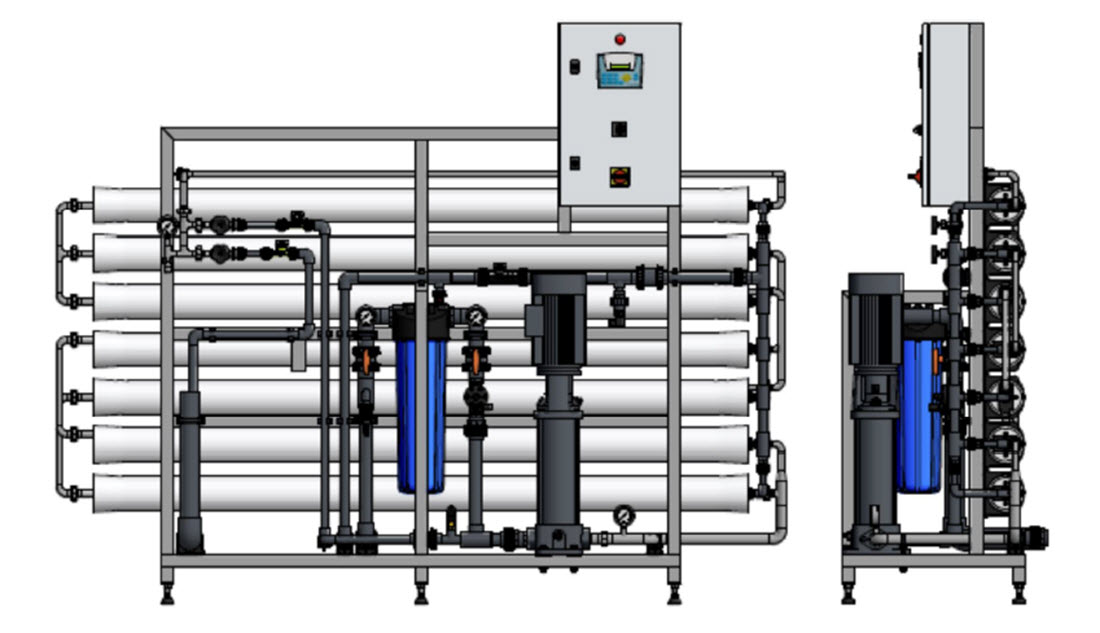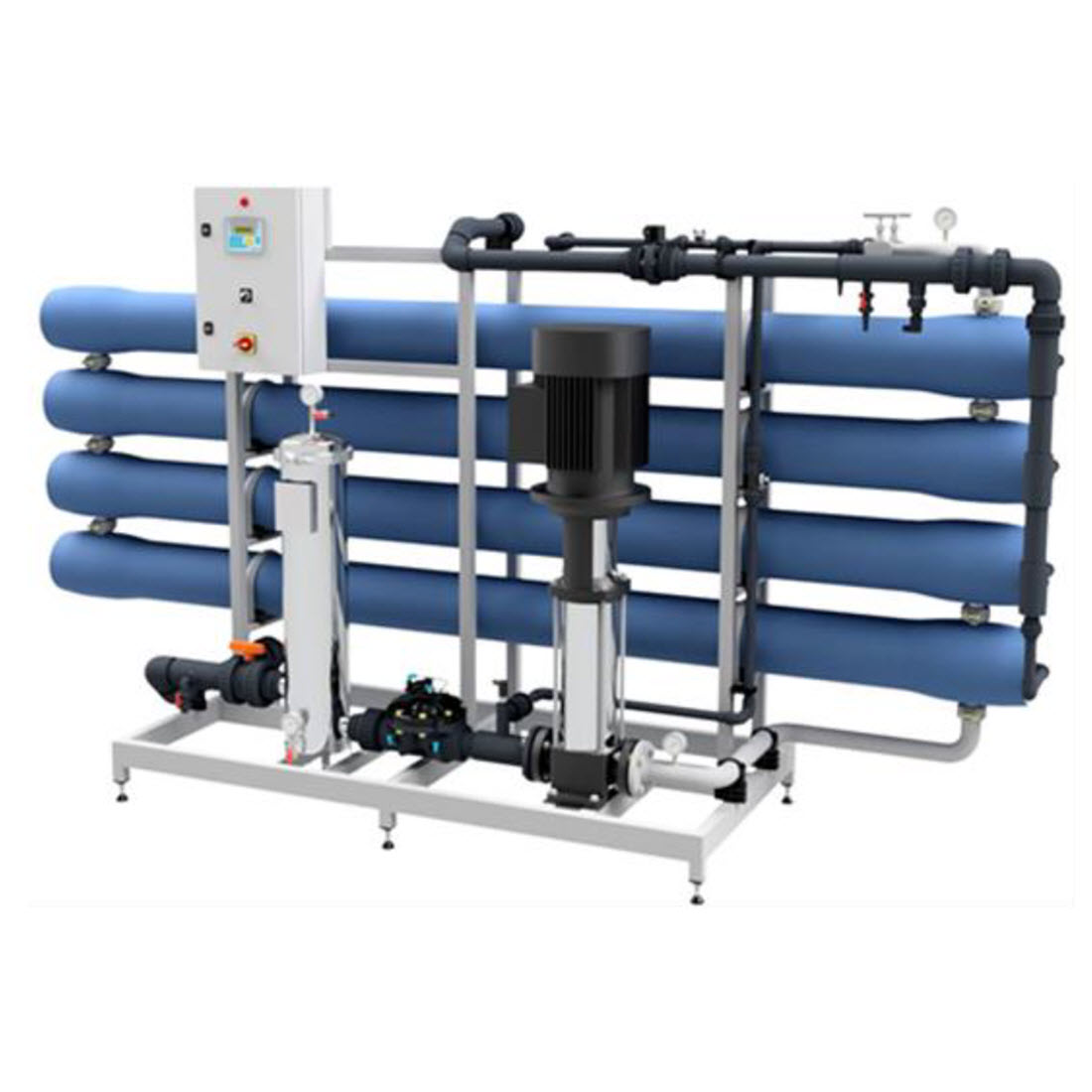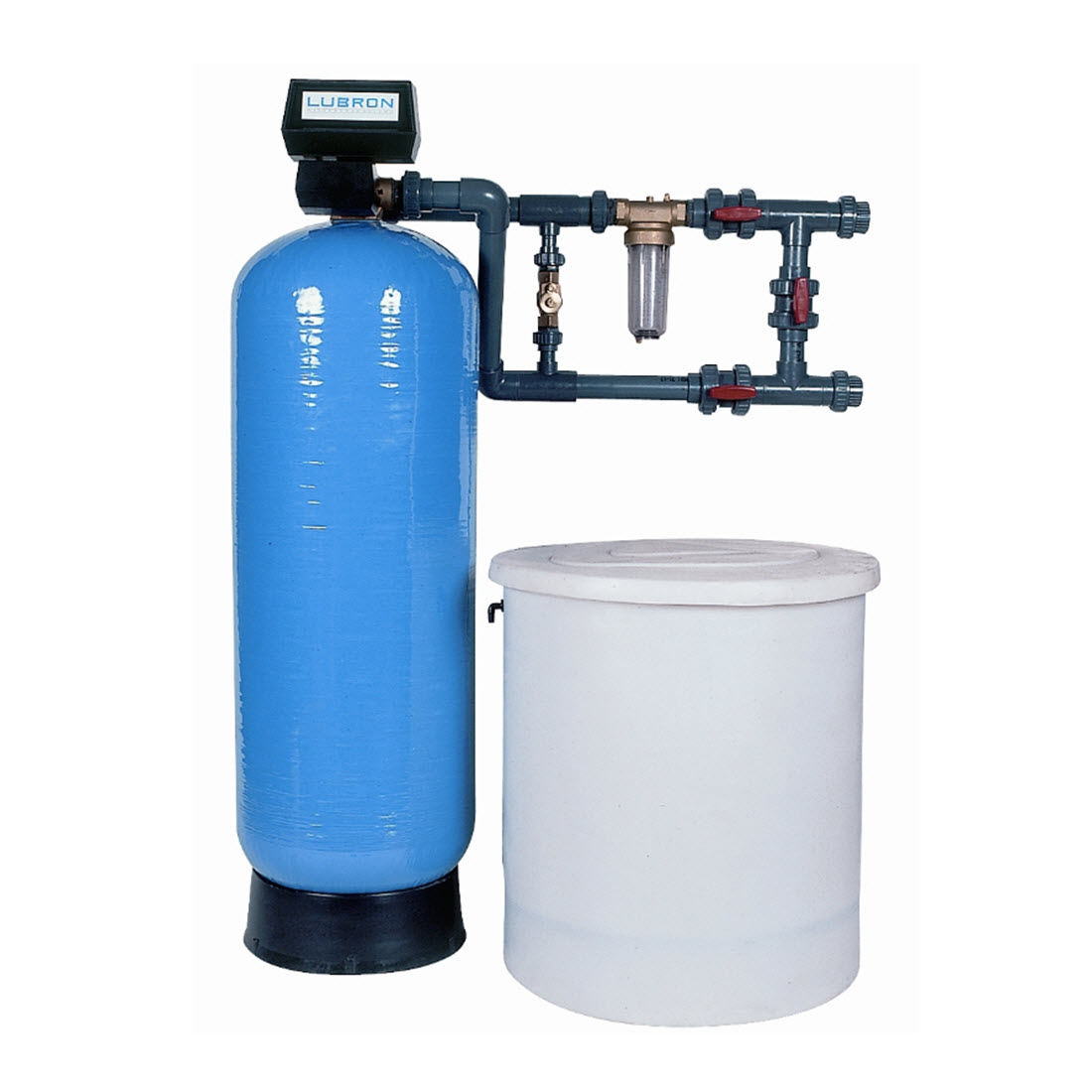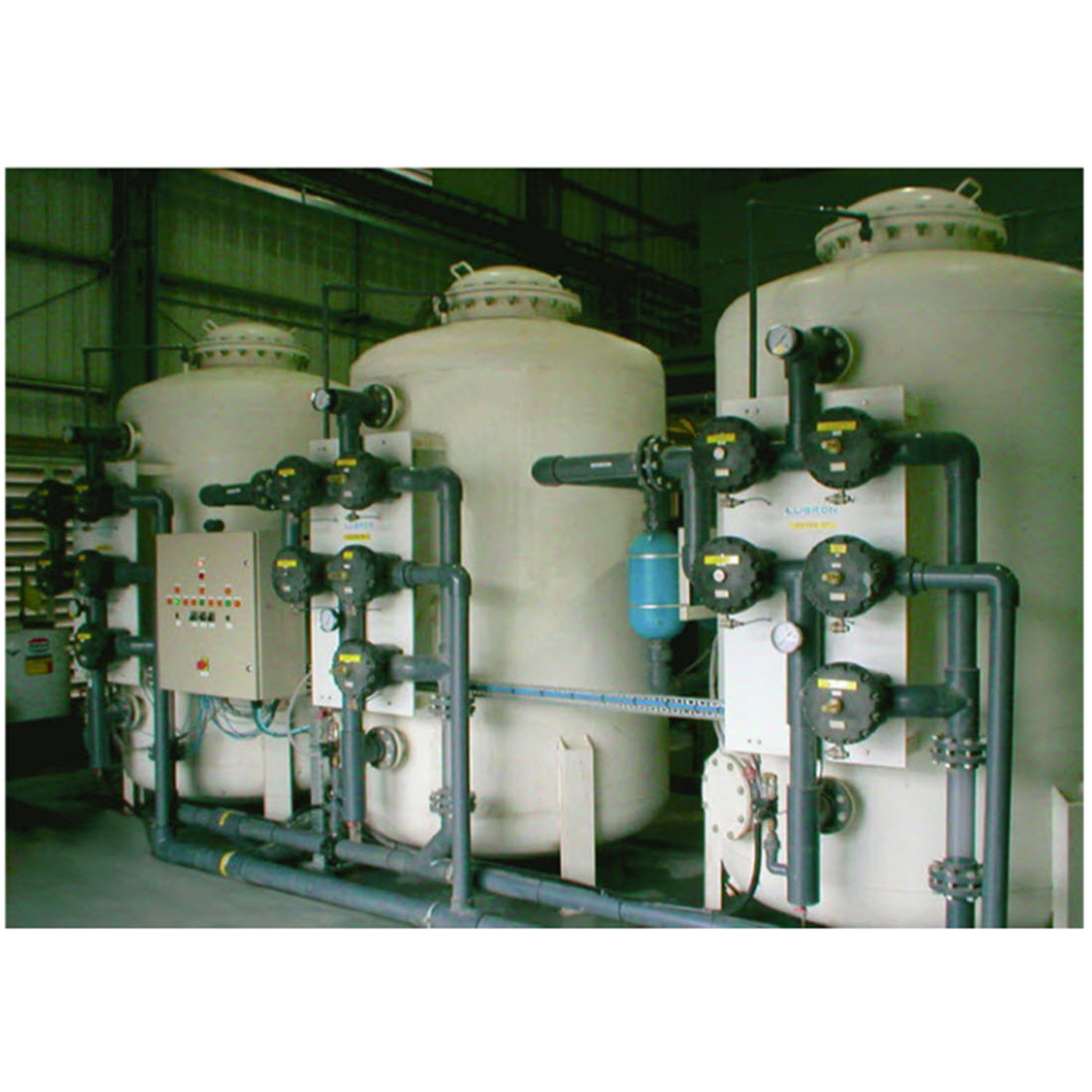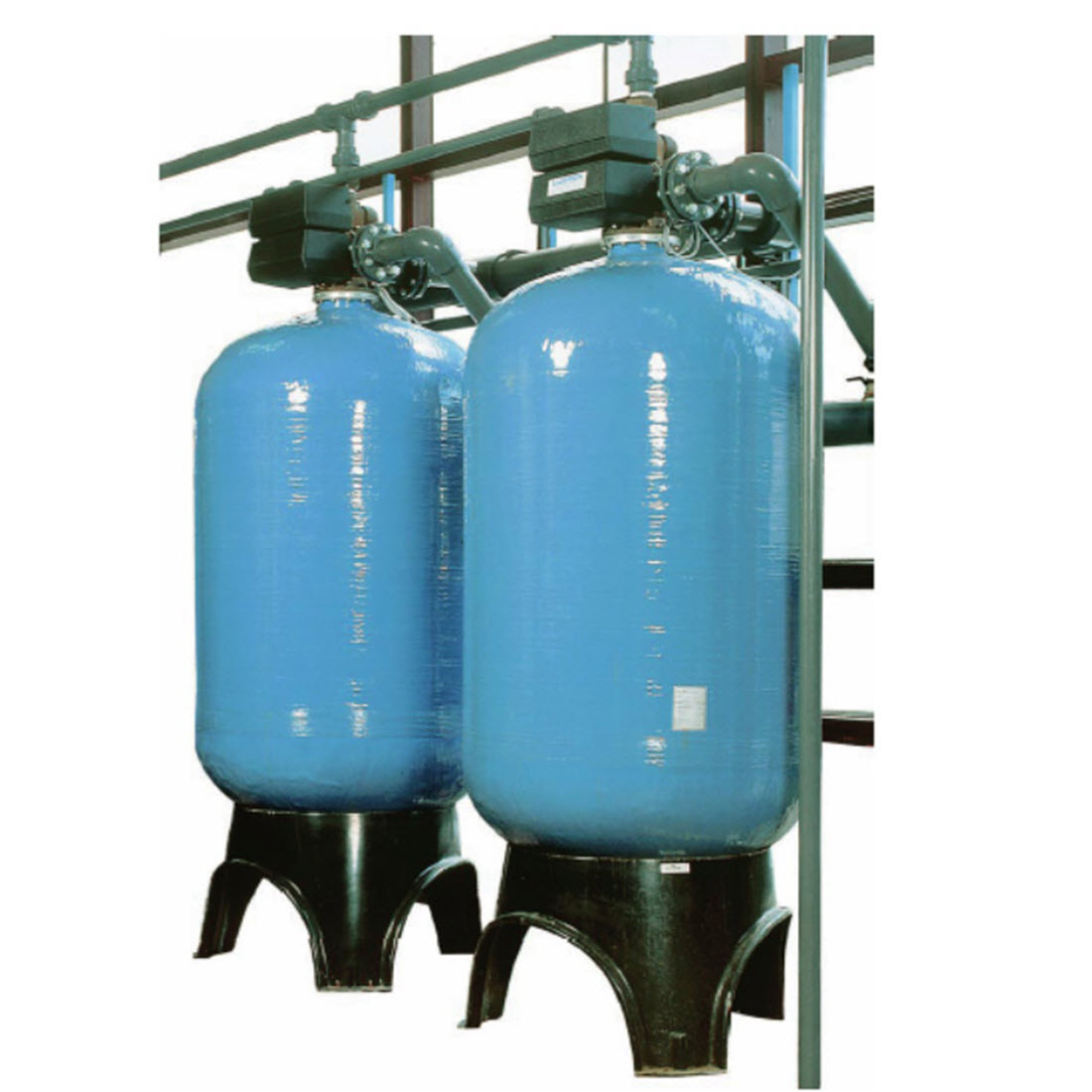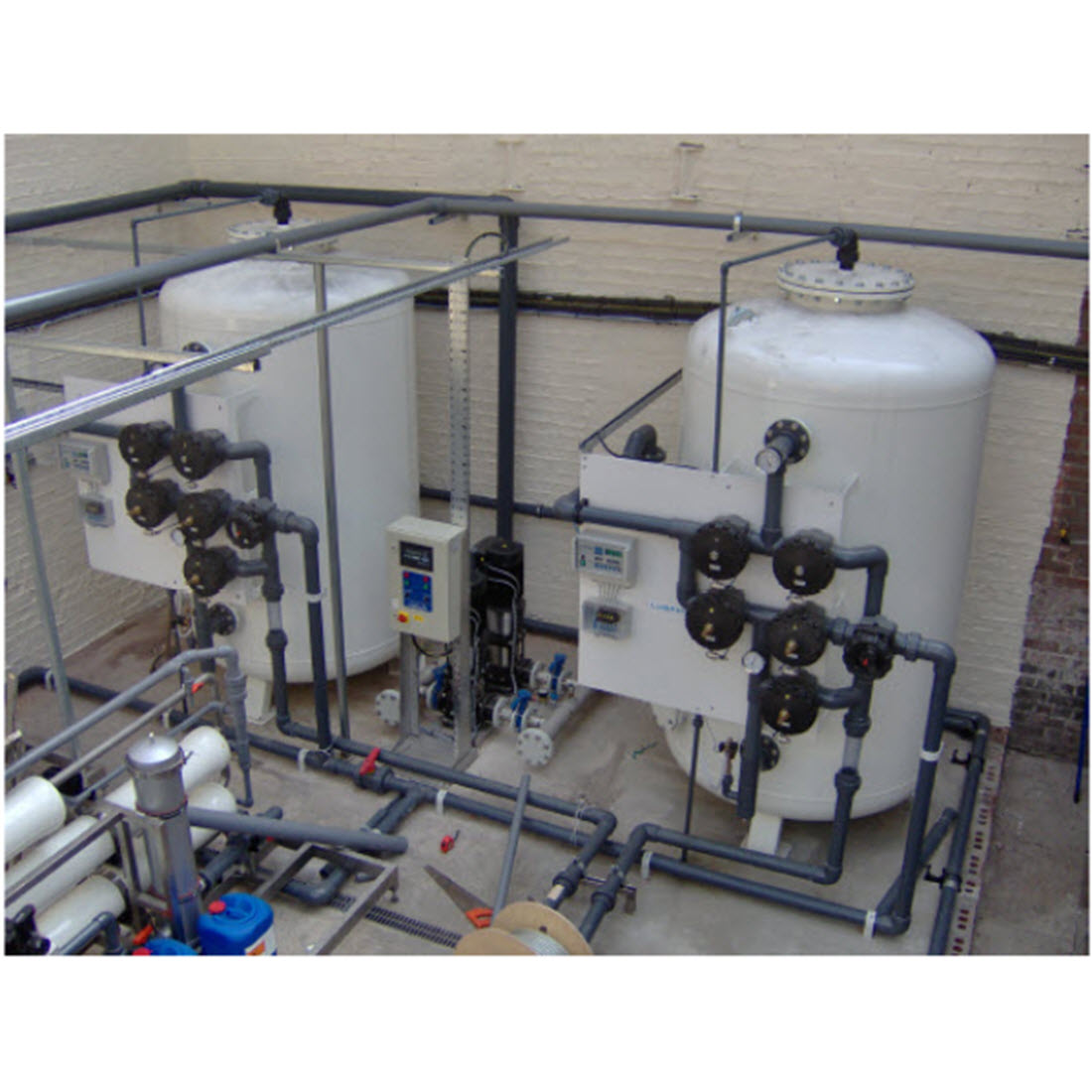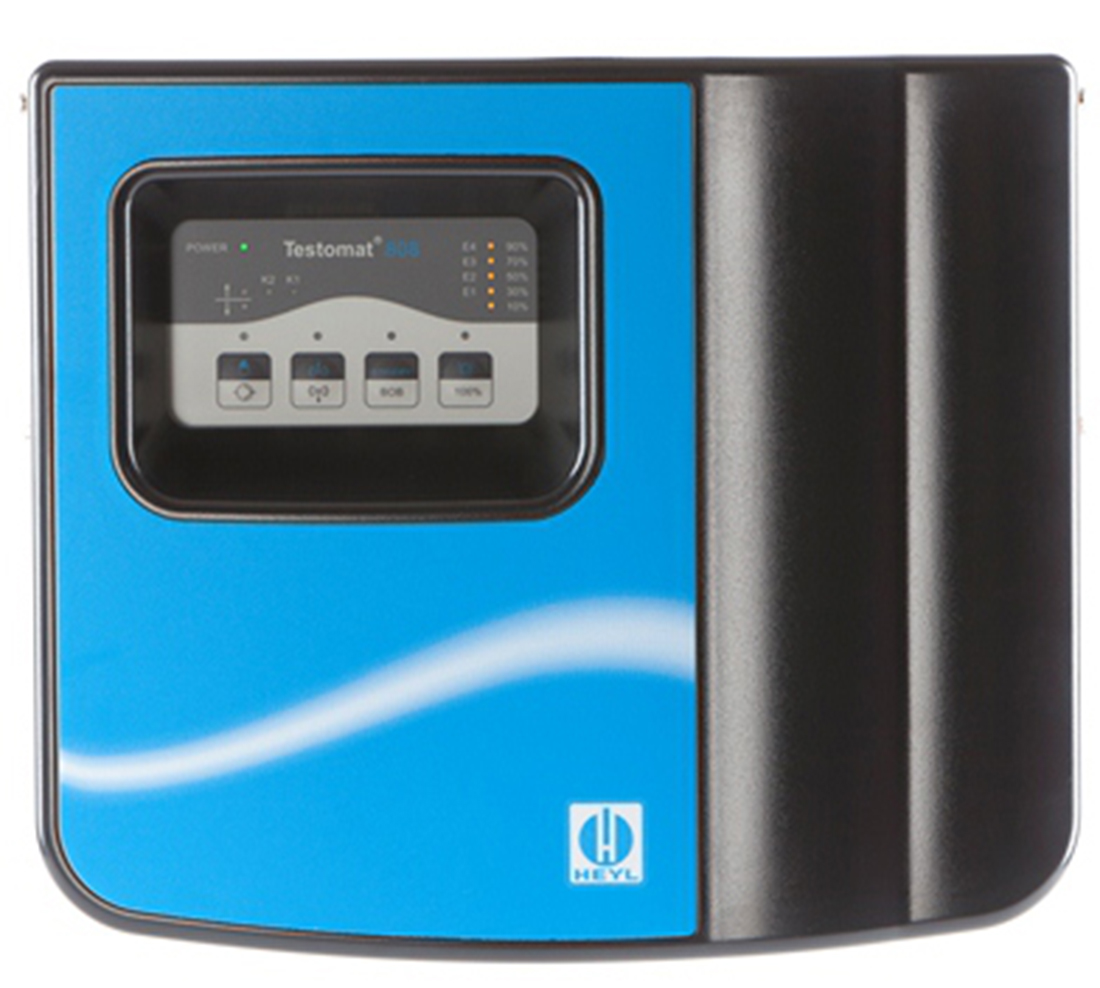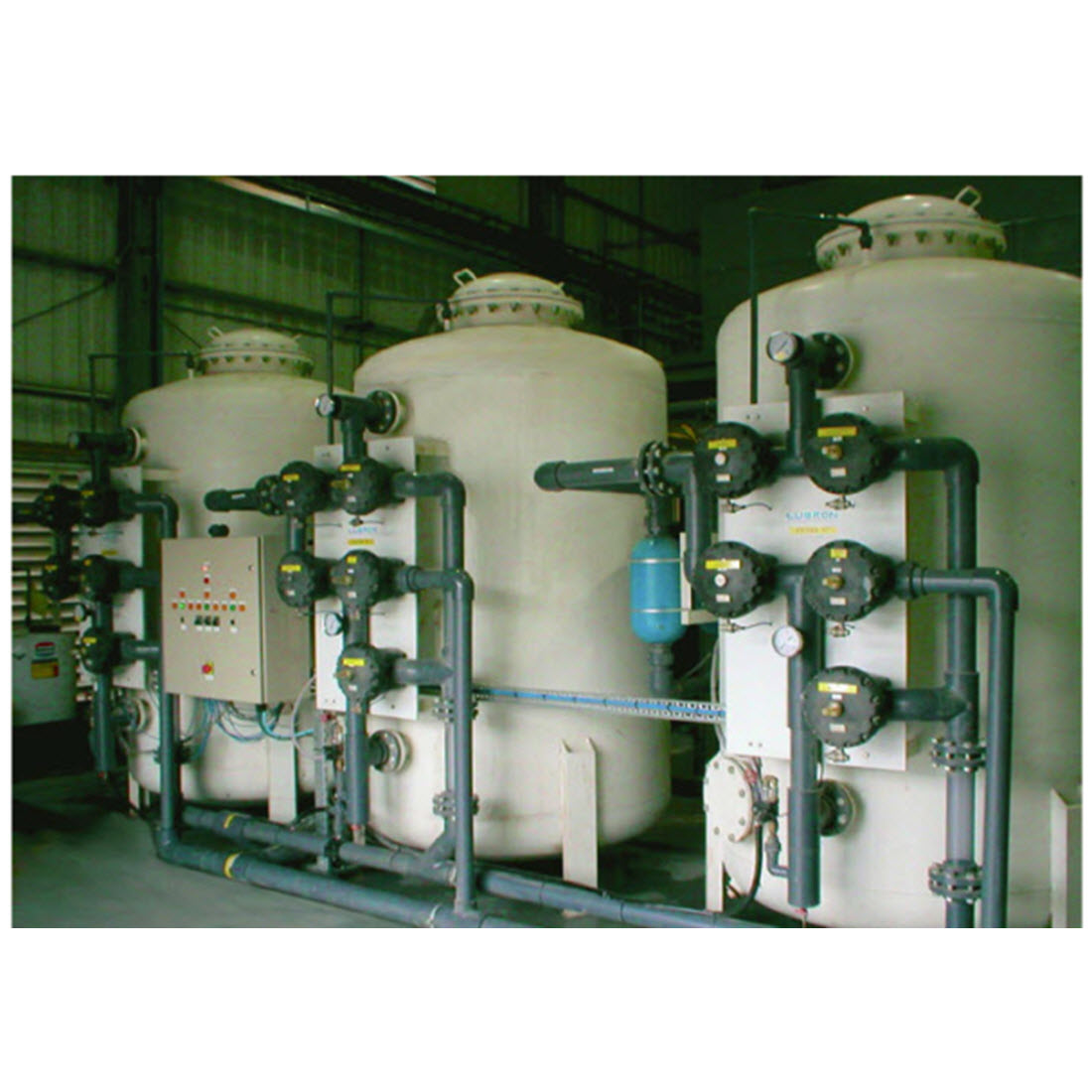Water For Breweries
Brewing is the production of beer by steeping a starch source commonly cereal grains, (the most popular of which is barley) in water and fermenting the resulting sweet liquid with yeast. It may be done in a brewery by a commercial brewer, at home by a home brewer, or by a variety of traditional methods such as communally by the indigenous peoples in Brazil when making cauim. Brewing has taken place since around the 6th millennium BC, and archaeological evidence suggests that emerging civilizations, including ancient Egypt and Mesopotamia, brewed beer. Since the nineteenth century, the brewing industry has been part of most western economies.
The basic ingredients of beer are water and a ferment-able starch source such as malted barley. Most beer is fermented with a brewer’s yeast and flavoured with hops. Less widely used starch sources include millet, sorghum and cassava. Secondary sources (adjuncts), such as maize (corn), rice, or sugar may also be used, sometimes to reduce cost, or to add a feature, such as adding wheat to aid in retaining the foamy head of the beer. The most common starch source is ground cereal or “grist” – the proportion of the starch or cereal ingredients in a beer recipe may be called grist, grain bill, or simply mash ingredients.
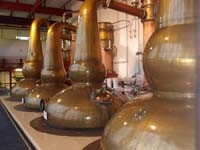
Steps in the brewing process include malting, milling, mashing, lautering, boiling, fermenting, conditioning, filtering, and packaging.
There are three main fermentation methods, warm, cool and spontaneous. Fermentation may take place in an open or closed fermenting vessel; a secondary fermentation may also occur in the cask or bottle.
Brewing water treatment: quality, taste and efficiency
Brewing water treatment contributes significantly to the taste of a beer, as rarely raw water is locally available in the respectively required, optimal water quality. However, the composition of the ingredients in the brewing water, decisively determines the taste of the beer. Each type of beer (for example, ale, pilsner, wheat beer) requires its own, individual brewing water composition, which can only be provided with the right brewing water treatment. An unsuitable brewing water quality not only affects the taste, but also interferes with the brewing process and thus increases the production costs.
Regionally different water composition = different brewing water treatment
Every spring water, well water and surface water has its own primeval composition. This is mainly due to the different soil layers and rock types with which the water came into contact on its long journey. As a result, the composition of the raw water differs from place to place and thus its influence on the taste of the beer. The treatment of the brewing water must therefore be adjusted not only to the beer to be brewed, but always also to the individual raw water composition on site.
Typical processes of brewing water treatment:
- Media filtration and ultrafiltration to remove particles, turbidity and heavy metals from the raw water
- Disinfection using ClO2 and UV systems
- GAC (Activated Carbon) filtration for de-chlorination, removal of THMs, foreign taste and odours, and discoloration in brewing water
- UV irradiation for de-chlorination
- Reverse Osmosis plants for de-alkalization and desalination
- Degassing systems for oxygen and CO2 removal
